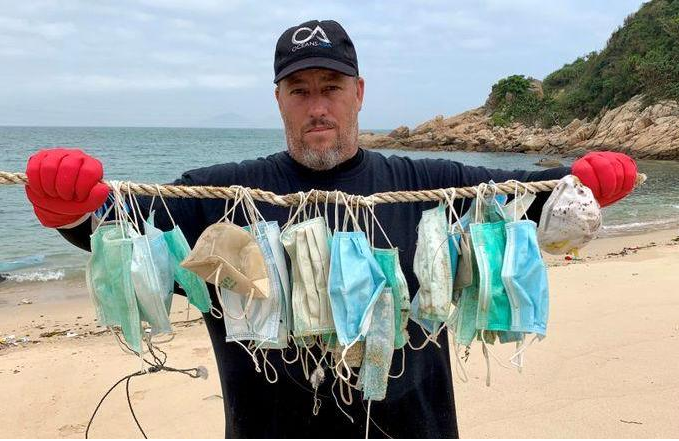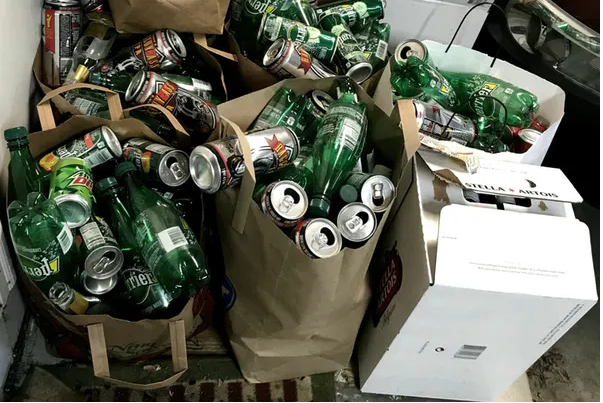
After the first case of COVID-19 with no overseas contacts, the US-based Starbucks Corp banned the customers from bringing reusable coffee cups. Person to person virus transmission had to be stopped by any means possible, but with the cost of Environmental Hazard?
The pandemic disrupted the US recycling industry, the waste sources and quantities are in constant production. Items which were designated as reusable are temporarily barred to reduce person to person exposure. This is creating higher volumes of wastes which are hazardous and threat to the environment. Recycling programs struggled to absorb the excess capacity and were already weakened by the time the coronavirus began to spread.various cities of USA decided that recycling was not essential at all since it posed a great risk of infection to the workers.

Tony Radoszewski, head of the plastics industry’s main U.S. lobbying group, wrote a letter to the Department of Health and Human Services stating the importance of plastic in the current global pandemic. “Single-use plastic products are the most sanitary choice when it comes to many applications, especially the consumption and transport of food, whether purchased at a restaurant or a grocery store,” he wrote. “We ask that the department speak out against bans on these products as a public safety risk and help stop the rush to ban these products.”
Throughout the pandemic, plastic lobbyists have been applauding for the role their products play in keeping food, health-care workers, and families safe. The growth in these sectors has been continuous since the advent of COVID and has increased drastically after.
In April, both Germany’s Ineos Styrolution Group GmbH and U.S.-based Trinseo SA reported seeing double-digit percentage increases in sales at their food packaging and health-care divisions.

In the Indian Context:
A single-use plastic (SUP) has turned out to be an unlikely hero in the battle with coronavirus. This product is used in the making of PPE (Personal Protective Equipment) kits. SUP, which is considered an Environmental Hazard has evolved itself as a saviour for doctors and health workers. Till a few months back, the PPE needs in India were met by the Imports from China, but since May domestic production of PPE, kits had been skyrocketing as the COVID cases. It is estimated on average a health official observing a COVID patient switches over 3-4 times its entire PPE gears. The hospitals have been generating huge non-disposable wastes. The plastic syringes, medicine packets, gloves, etc. are all hazards for the environment. The PPE kits were openly disposed of in Delhi crematorium despite the knowledge of its hazardous nature.
Within the months of lockdown due to COVID, day to day habits of everyone has changed. People are more insecure in terms of COVID infection and developed a habit of disposing of their daily usable like plastic carry bags, face masks, etc. As the cities and Industries open after lockdown, there will be a large scale generation of plastic wastes. The generated products will be shifted to single-use plastic containers, In online shopping, a disposable packaging will be provided in gloves, wipes, etc.
At a time when reducing and reusing could be dangerous, and recycling getting unfavourable, we need better options, such as more compostable packaging that is both safer and more sustainable.
[zombify_post]



